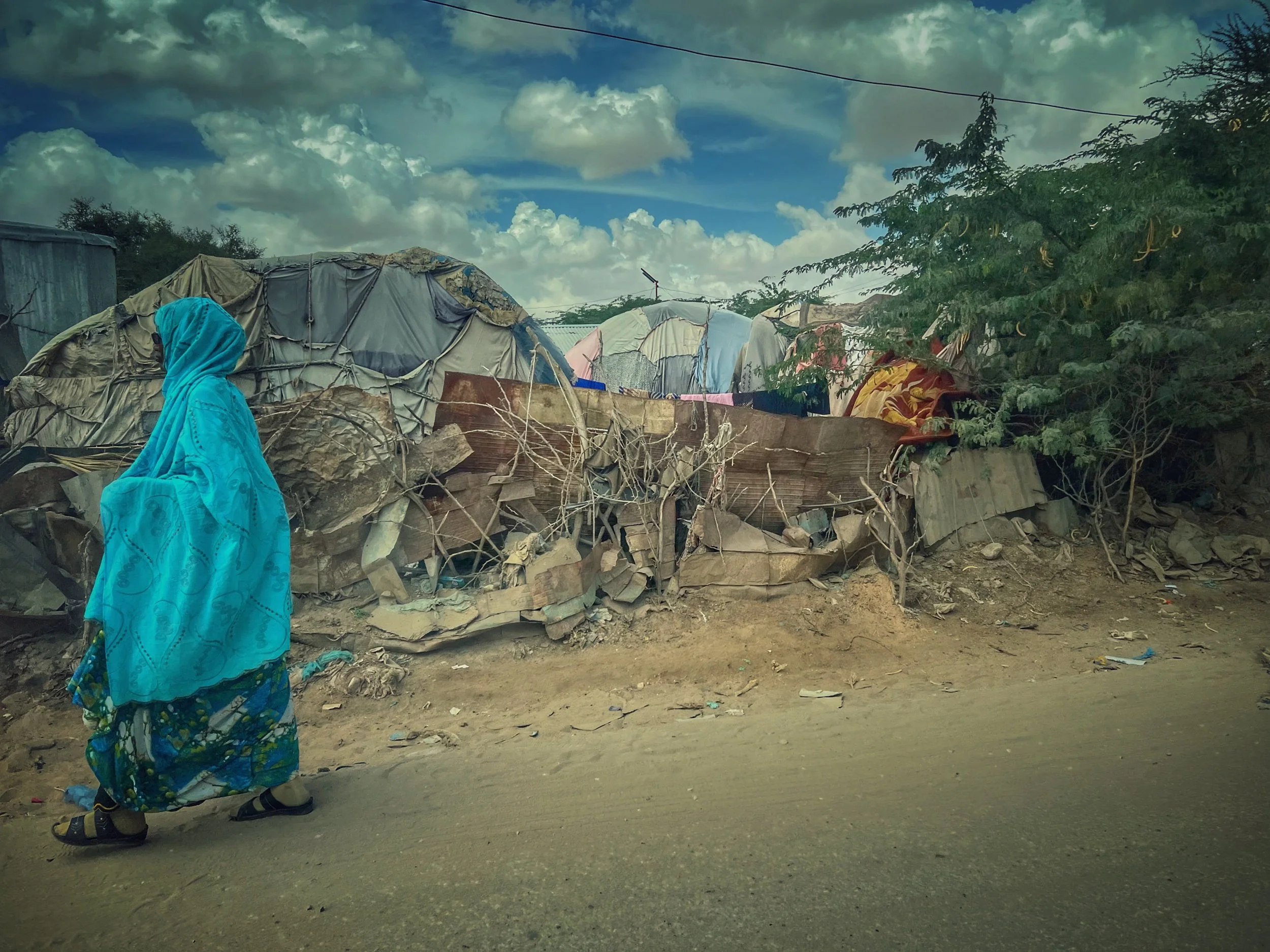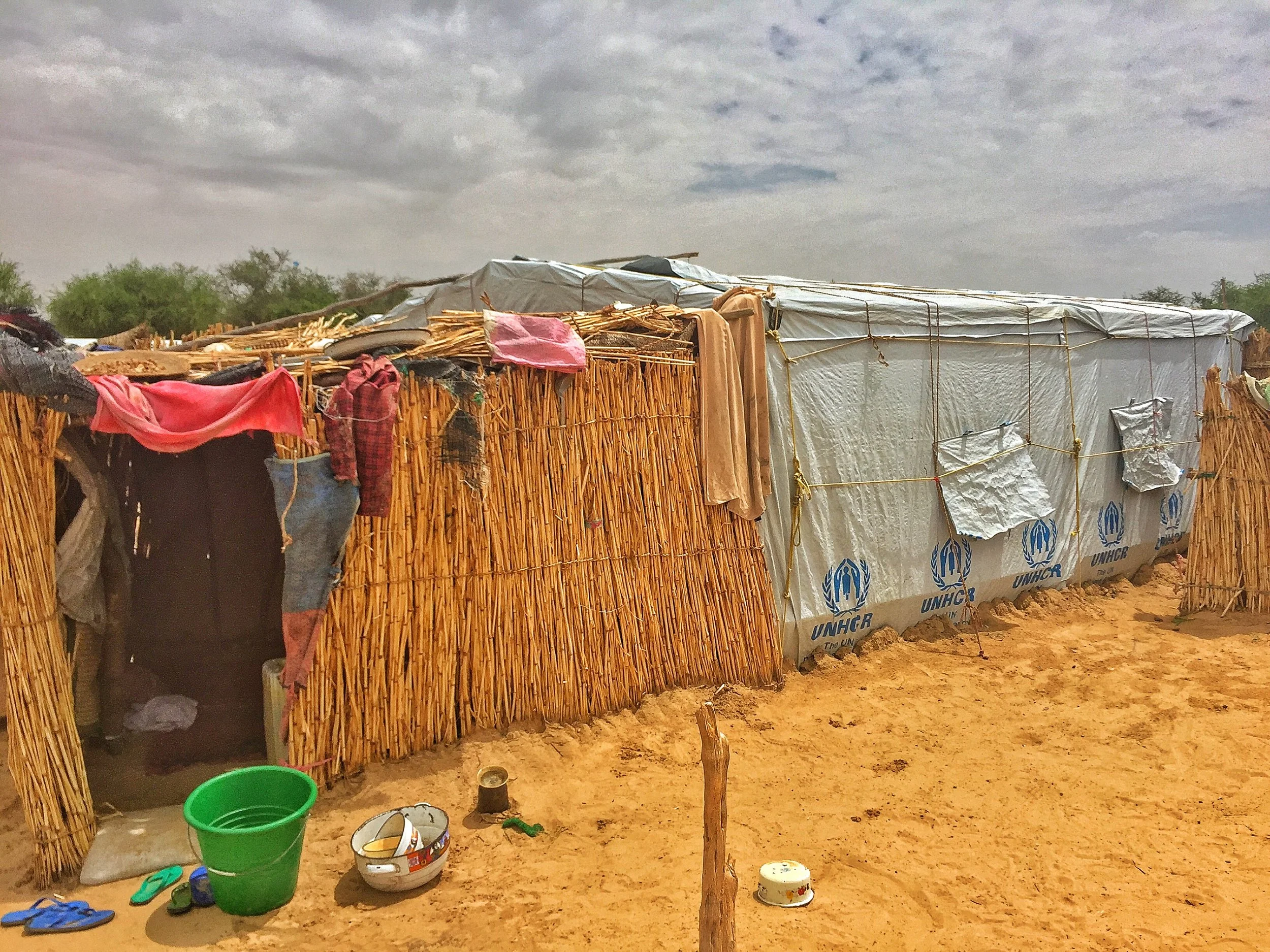In November 2023, Climate Refugees Founder and Executive Director Amali Tower was invited to appear before the Canadian Senate’s Human Rights Committee as part of its study on Forced Global Displacement, to testify about the impacts of climate change on migration and forced displacement, particularly as it relates to adverse impacts on human rights.
Tower was invited to testify on a panel with other expert witnesses, and to provide a brief opening statement, followed by questions from committee members.
Climate Refugees was also invited to submit written testimony to the Senate of Canada. Together with other Senate Committee witnesses Dr. Camila Bustos, Assistant Professor of Law at the Elisabeth Haub School of Law at Pace University and Monica Iyer, Clinical Fellow and Senior Lecturing Fellow, Duke University School of Law, as well as key colleagues working in this field, we have submitted a written brief to the Senate Committee for further consideration.
You can access the brief below.



